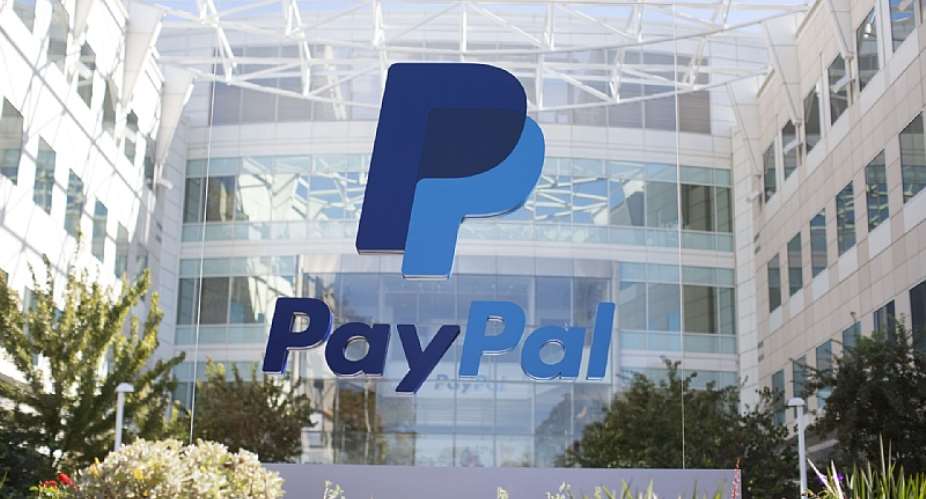As calls grow for PayPal to lift the ban on Ghana and other African countries, many are wondering what led to the restrictions in the first place.
In 2004, digital payments giant PayPal made the controversial decision to blacklist several sub-Saharan African nations from using its platform, citing high fraudulent activities.
Ghana, Nigeria and a number of other West and Central African countries were unable to link local bank accounts or credit cards to PayPal accounts.
The move effectively barred both individuals and businesses in the region from sending or receiving cross-border money transfers through the platform.
At the time, PayPal said fraud monitoring systems had detected troubling trends of stolen credit cards being used on the network from Internet connections within the blacklisted nations.
Specific cases included credit cards issued in North America and Europe that were then used to receive PayPal payments in Africa.
Without robust national identification systems or strict banking regulations, it was easier for criminal rings to engage in "credit card laundering" by setting up fake accounts with stolen financial details, PayPal claimed.
This threatened the integrity of the global payments network.
The financial crimes from Africa were reportedly much higher than in other regions, though concrete stats were not provided.
Local authorities lacked the resources and coordination to fully investigate complex digital schemes at the time.
PayPal stated the blockade was meant to be temporary while systems were upgraded to better track illegal flows of funds into and out of the continent.
However, almost two decades later, the restriction has not been lifted - much to the frustration of many seeking to access the platform for legitimate purposes.
As Africa's digital economies evolved significantly since 2004, calls are growing once more for PayPal to reconsider its decision.
Reportedly, Vice President Dr. Mahamudu Bawumia said in 2018 that talks with PayPal had advanced and was almost ready to rescind its decision.
However, the said engagement has since yielded no results, pushing thousands of Ghanaians to revive a 10-year-old online petition started by Ghanaian entrepreneur, Odadie Darko.






 NAPO not competent to be Bawumia’s running mate –Malik Basintale
NAPO not competent to be Bawumia’s running mate –Malik Basintale
 Election 2024: No room for vigilante groups – NPP
Election 2024: No room for vigilante groups – NPP
 Court orders Johnson Asiedu Nketia to provide medical excuse within 24hours
Court orders Johnson Asiedu Nketia to provide medical excuse within 24hours
 'I don't know what got you into the game; focus on your business, presidency not...
'I don't know what got you into the game; focus on your business, presidency not...
 Election 2024: We’ll present flagbearer by August – CPP
Election 2024: We’ll present flagbearer by August – CPP
 NIA staff petition Akufo-Addo to remove Prof Attafuah over lack of innovative id...
NIA staff petition Akufo-Addo to remove Prof Attafuah over lack of innovative id...
 Give serial killings in Wa national attention – Former NPP Communicator to gover...
Give serial killings in Wa national attention – Former NPP Communicator to gover...
 Three journalists disappear, 3 media outlets suspended in Burkina Faso
Three journalists disappear, 3 media outlets suspended in Burkina Faso
 NASPA denies strike, urges calm among National Service Personnel
NASPA denies strike, urges calm among National Service Personnel
 There are several cases pending — Chief Justice explains request for additional ...
There are several cases pending — Chief Justice explains request for additional ...
